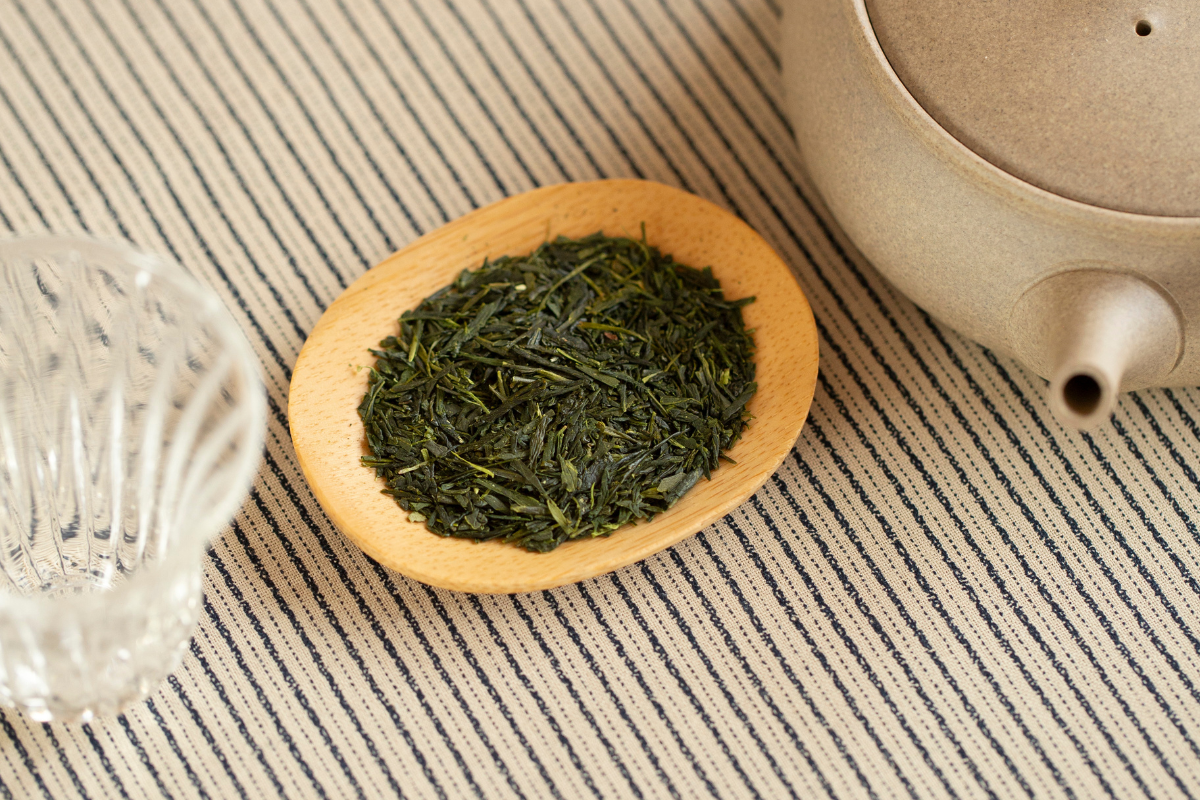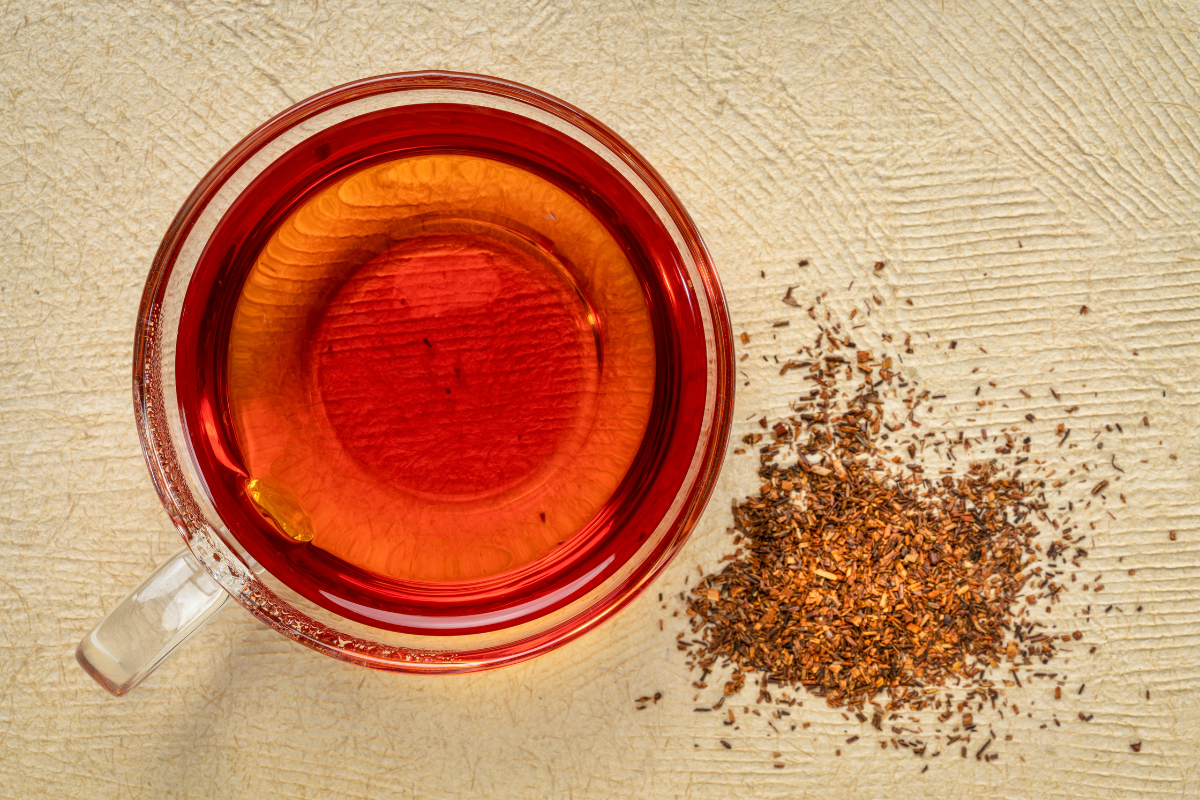Article: Japanese Tea Day: Honouring Eisai and the Roots of Tea Culture in Japan

Japanese Tea Day: Honouring Eisai and the Roots of Tea Culture in Japan
Every year on October 31st, while much of the world celebrates Halloween, Japan marks a quieter but deeply meaningful occasion: the Day of Japanese Tea (日本茶の日),
This day sits almost perfectly halfway between the autumn equinox and the winter solstice, symbolising transition not just in seasons, but also in spirit and reflection.
In Japan, this date also pays tribute to Eisai, the Buddhist monk credited with introducing green tea to Japan in the 12th century. His contributions would forever shape the Japanese way of tea, from Zen monasteries to daily life.
From Monks and Aristocrats to Everyday Life

In the Heian and Kamakura periods, tea in Japan was a luxury reserved for monks and the aristocracy. Preparation at the time involved mixing powdered tea leaves with hot water, similar to the tea culture of China's Song Dynasty.
This practice would later evolve into tencha (碾茶), the predecessor of modern matcha and show the seeds of what would become a uniquely Japanese tea culture. Over the centuries, tea transcended social classes, moving from temples and courts to the homes of samurai, merchants, and eventually, the general public.
Remembering Eisai: The Monk Who Brought Tea Seeds to Japan

The story of tea in Japan cannot be told without Eisai (栄西). After travelling to China twice, he returned from his second journey in 1191 carrying tea seeds and a profound belief in tea's healing power. Legend tells us he planted these seeds ''in the garden of Ishigamibo at Seburiyama in Hizen''.
Eisai later wrote 喫茶養生記 (Kissa Yojoki), translated as 'Drinking Tea for Health'. This text became the foundation for Japan's understanding of tea not only as a beverage, but as a medicine for body and mind.
Eisai lived during a turbulent era of war and uncertainty, a period known as mappo (末法), ''the Latter Age of the Dharma'', when many believed the world had entered a time of decline. He saw tea as a spiritual and physical remedy, a way to help people preserve balance and clarity mid chaos.
In Kissa Yojoki, Eisai connects the five elements of Chinese philosophy: earth, fire, water, wood, and metal with five vital organs: liver, lungs, heart, spleen, and kidneys. He believed each organ had a corresponding flavour: sour, pungent, bitter, sweet, and salty and observed that Japanese diets at the time lacked bitterness. He then concluded that green tea, with its natural bitterness, was essential for maintaining heart health and inner harmony.
The Two Volumes of Kissa Yojoki
Eisai's work is divided into two parts:
-
五臓和合門 (Gozo Wago Mon) - On the Harmonisation of the Five Organs
Tea harmonises the five organs (heart, liver, spleen, lungs, kidneys) and promotes overall well-being. -
遣除鬼魅門 (Kenjo Kimimon) - On Dispelling Evil and Demons
Tea calms the spirit, stabilises the mind, and supports meditation: essential qualities for Zen monks in pursuit of enlightenment.
Centuries later, many of Eisai's observations continue to resonate. The benefits of green tea he described align closely with what modern science confirms today:
-
Calm and Concentration
The combination of caffeine and the amino acid L-theanine enhances focus while inducing relaxation: a balance cherished in meditation and daily life alike.
-
Detoxification and Antioxidants
Tea's catechins are powerful antioxidants that help reduce oxidative stress and support the body's natural detox processes.
-
Diuretic and Cleansing Properties
Tea encourages the body to expel excess fluids and waste, improving circulation and reducing bloating.
-
Digestive Support
A warm cup after meals aid digestion and soothes the stomach, promoting overall digestive balance.

Japanese Tea Day is more than a historical commemoration, it's an invitation to pause. To slow down, reflect, and honour a practice that has long nurtured both body and spirit. Whether you whisk a bowl of matcha or simply steep your favourite sencha, take a moment to appreciate the centuries of care, philosophy, and mindfulness that have steeped into every cup.



Leave a comment
This site is protected by hCaptcha and the hCaptcha Privacy Policy and Terms of Service apply.